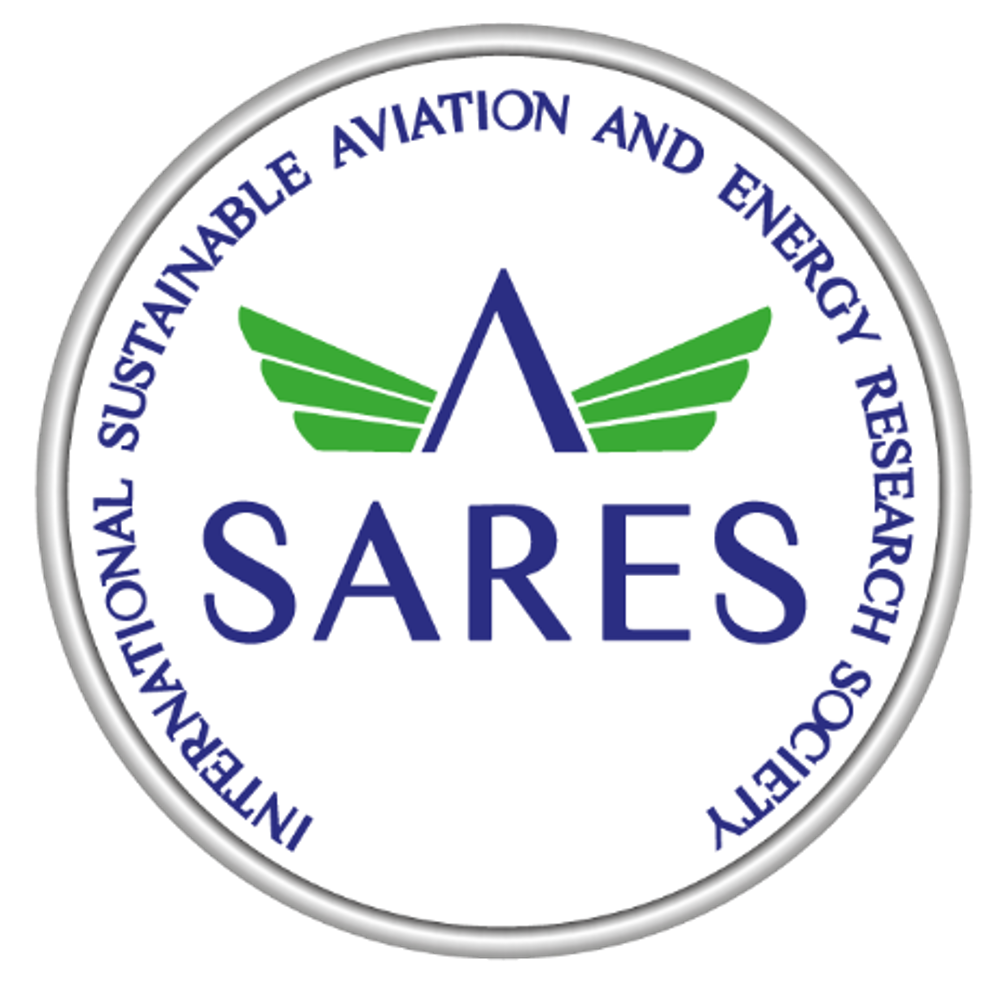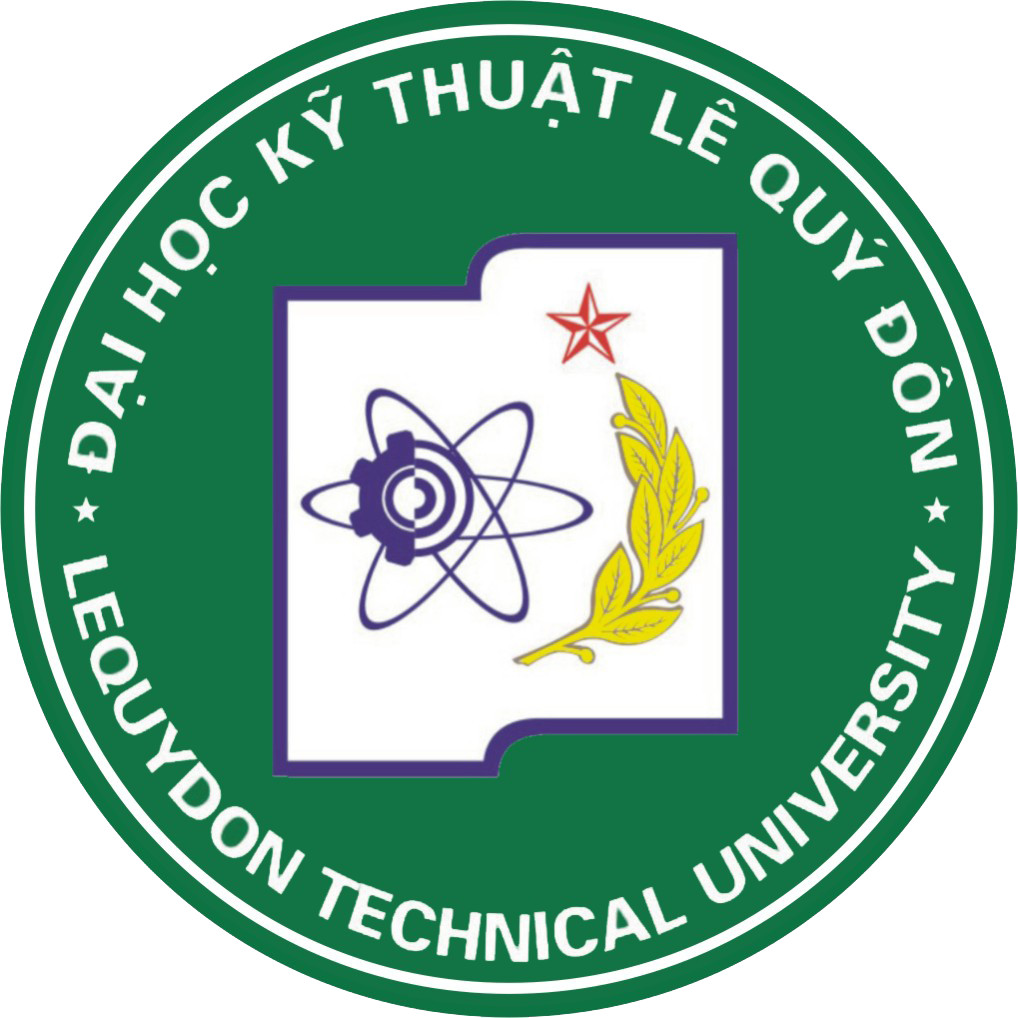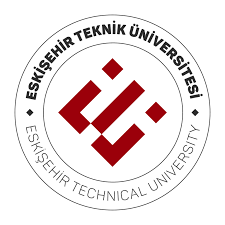About ISATECH
Symposium Objectives
Given that the aviation industry is one of the fastest-growing industries in the world this symposium intends to make a positive contribution to aerospace science and technology. ISATECH, an international, multi-disciplinary symposium, aims to address current issues in the field of aerospace such as aircraft design and optimization, aerospace propulsion systems, aircraft guidance and control, state-of-the-art manufacturing, MRO, air transportation operations, use of artificial intelligence in aerospace, clean energy and emission reduction, aerospace legislation, and so on.
Symposium Format
The format of the ISATECH includes the following major elements: general papers presented in oral and poster sessions, keynote papers by invited speakers, and specialized sessions on special topics. There will also be social events and pre- and post-symposium tours. High quality papers of archival value will be considered in extended form for publication in various reputable international journals.
Symposium Topics
The aviation industry is one of the fastest growing industries in the world due to the many interesting and multi-disciplinary advances that appear in aerospace and energy engineering on daily basis. It is also one of the most expensive industries because it requires extreme levels of reliability as well as long-term and strict maintenance procedures. There are always many possibilities of improvement and diverse research topics.
The Symposium welcomes a large number of topics as follows (in alphabetic order), but not limited to:
- Aerodynamics
- Acoustics, vibration and noise
- Advanced flight planning solutions
- Aerospace vehicle design
- AI in aerospace engineering
- Air safety and policies
- CFD, FEM, and coupled multi-physics modeling (or Contemporary computational methods and modeling)
- Coatings
- Combined and variable cycle engines
- Commercial air transport operations
- Composites and ceramics
- Compressor and turbine cooling
- Computational fluid dynamics
- Conventional and advanced materials (or Conventional and smart and multi-functional materials and structures)
- Coolers and cooling technology, heat exchangers and energy bypass schemes
- Data mining for predictive maintenance
- E-Tech Log and EFB case studies
- Electric air vehicles
- Electromagnetism, radars and RFID
- Engine safety and engine-caused safety problems
- Fleet planning
- Flight mechanics
- Flight testing
- Fluid mechanics
- Forecast and key trends in MRO
- Fracture mechanics
- Integrated systems, hybrid systems and integration technologies
- Live flight tracking solutions
- Live weather data
- Maintenance costs & workforce
- Maintenance planning and scheduling
- Material and structural failure
- Micro-engines
- Multipurpose engines
- Navigation, guidance and control
- New developments in gas turbine engines
- Optics
- Optimization in aerospace and energy engineering
- Performance analysis
- Problems of fluid and gas dynamics
- Propulsion technologies for aerospace vehicles
- Pulsed and other detonation engines
- Ramjet, scramjet engines
- Rotorcrafts
- Sprays and combustion
- Structural integrity
- Thermoelasticity
- Thrust vector design options
- Time-dependent damage of materials (fatigue, creep, impact, corrosion)
- Titanium technology
- Unmanned aerial vehicles
- Wind tunnels and experimental fluid dynamics (aerodynamics)
- Wind turbines



